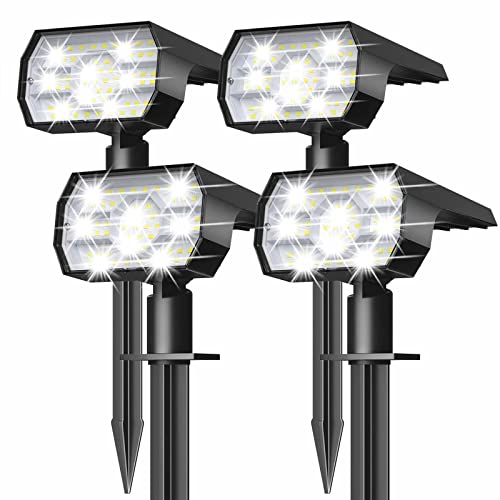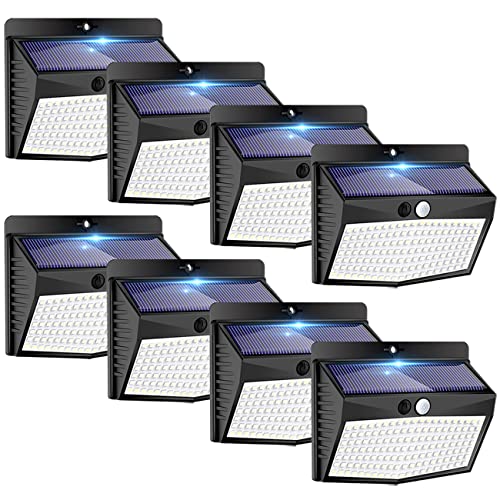Are solar lights actually eco-friendly? Energy experts advise
Solar lights are eco-friendly, but not as green as they claim. I spoke to energy experts to see if the marketing jargon stacks up
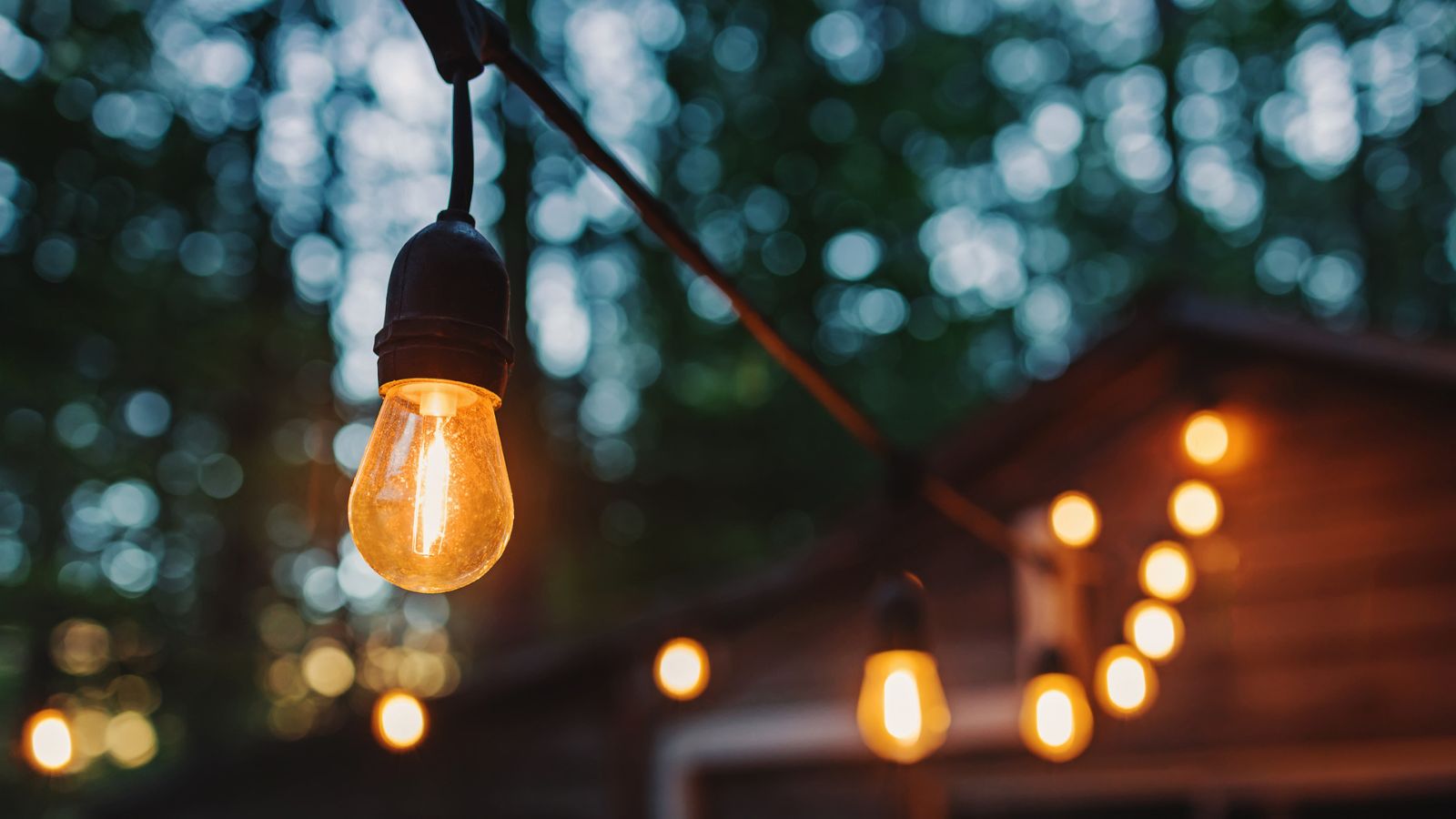

Solar lights are often marketed as an eco-friendly alternative to traditional lights. They use the energy of the sun rather than fossil fuels, so they seem like an obvious green alternative.
However, this marketing isn't entirely true. Even the best festoon lights can be harmful to the environment if you used incorrectly, so there are a few environmental factors to bear in mind before you buy.
I spoke to solar and energy experts about whether or not solar lights are actually eco-friendly. While they're better for the environment than lights running off utility power, they're far from perfect.
Do solar lights reduce emissions?
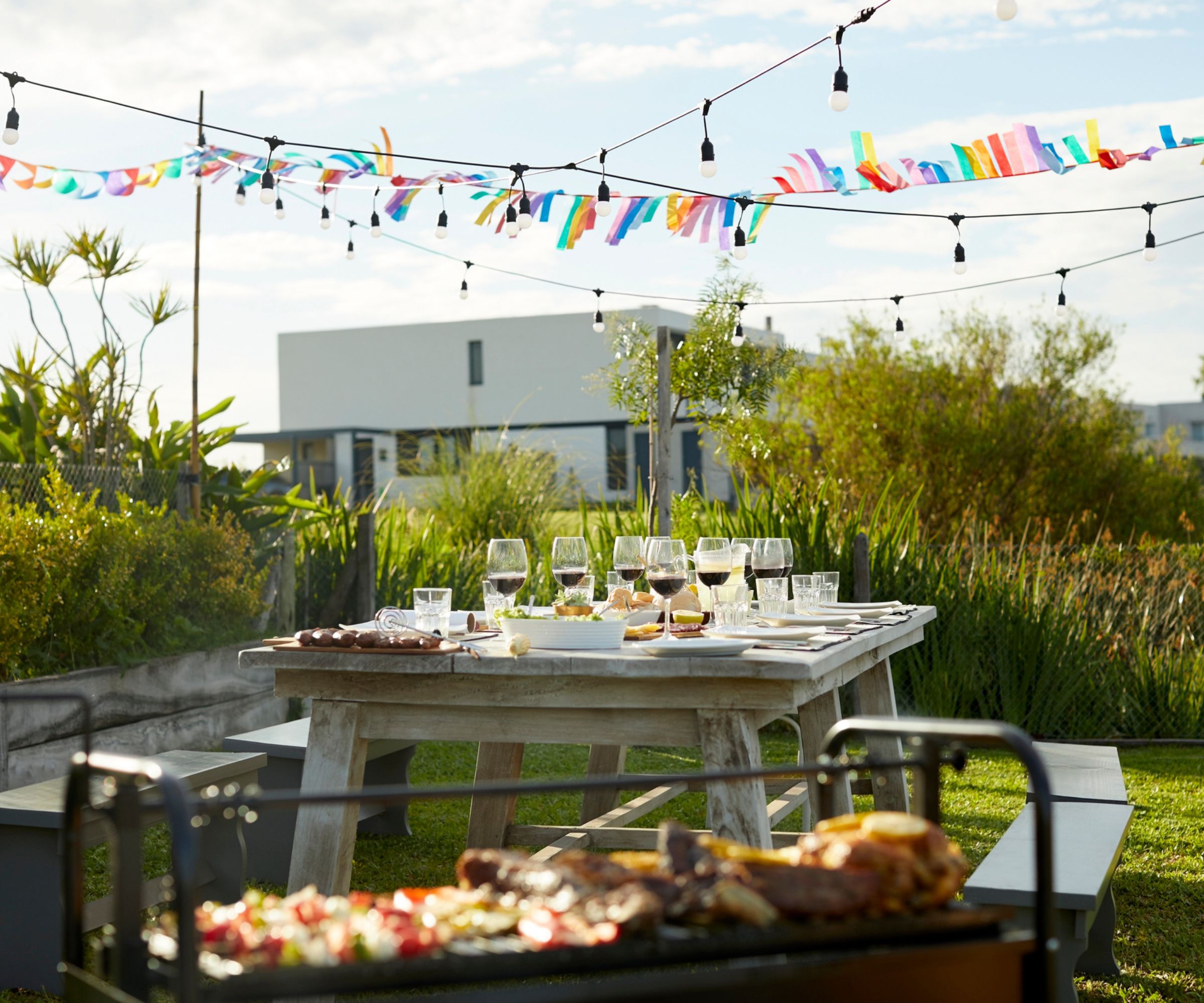
While solar lights in themselves do not reduce emissions, they do not make any once they have been produced.
Unlike lights wired into utility power, which is often sourced from coal-fired power stations that emit greenhouse gases, solar lights get all their power from the sun, so running solar lights does not create any emissions.
Solar expert Robert Roth told me that 'Solar lights don't run off the traditional electric grid, which usually uses fossil fuels, but instead draws energy directly from the sun. Making this switch not only cuts down on greenhouse gas emissions but plays a big part in improving air quality.'

Robert Roth is the CEO and Co-Founder of Quote For Solar, a solar panel installation comparison site.
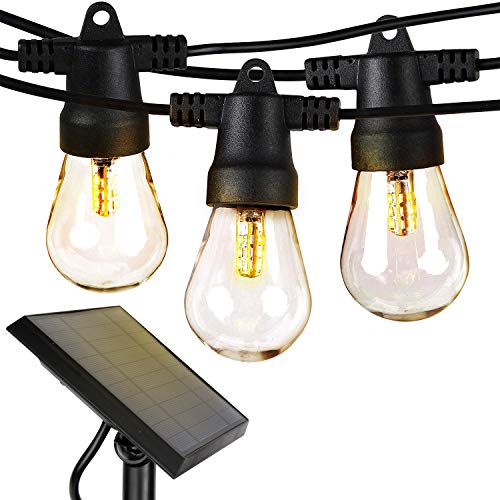
These string lights routinely come out on top in product tests. They're weatherproof, long-lasting, and bright.
Are solar lights harmful for local wildlife?
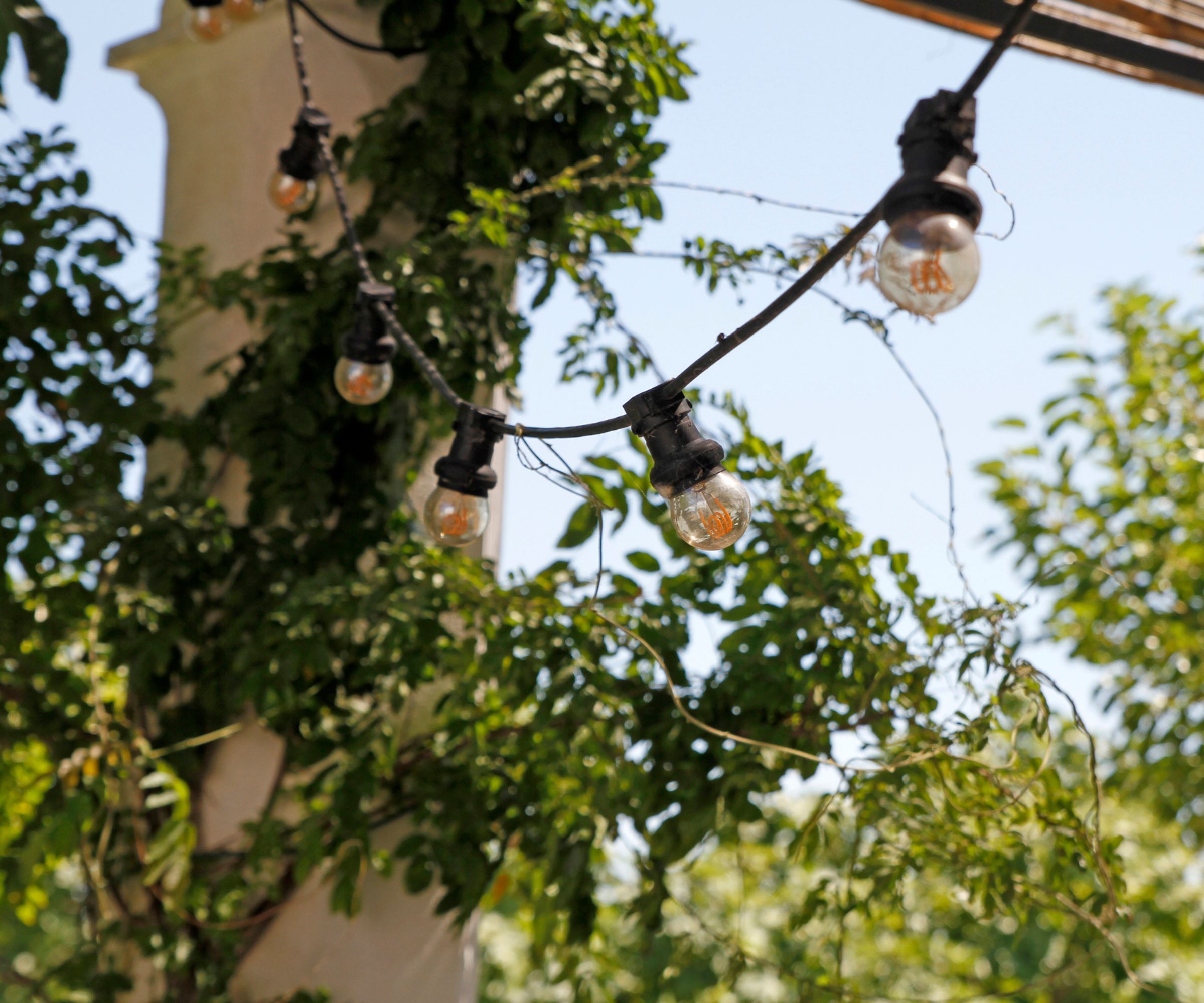
Landscape lighting can be harmful to local wildlife, disrupting their sleep schedule, stopping their usual hunting techniques, or confusing their navigation. However, solar lights are one of the least disruptive forms of landscape lighting.
Energy expert James Longley told me that 'Because solar lights are not as powerful as other lighting solutions, the light itself is warmer and less intense, which is less likely to affect the surrounding wildlife.'
The classic example is bats. Bright landscape lighting can blind them, draw their insect prey out of their usual habitats, and make it easier for their prey to evade them. James says 'For example, native bats may have their feeding patterns disrupted in well-lit areas, so therefore dimmer solar lights can help prevent this disruption from occurring.'

James Longley is Managing Director and Founder of Utility Bidder, a business energy consultancy. James has nearly two decades of experience in the energy sector.
Are solar batteries eco-friendly?
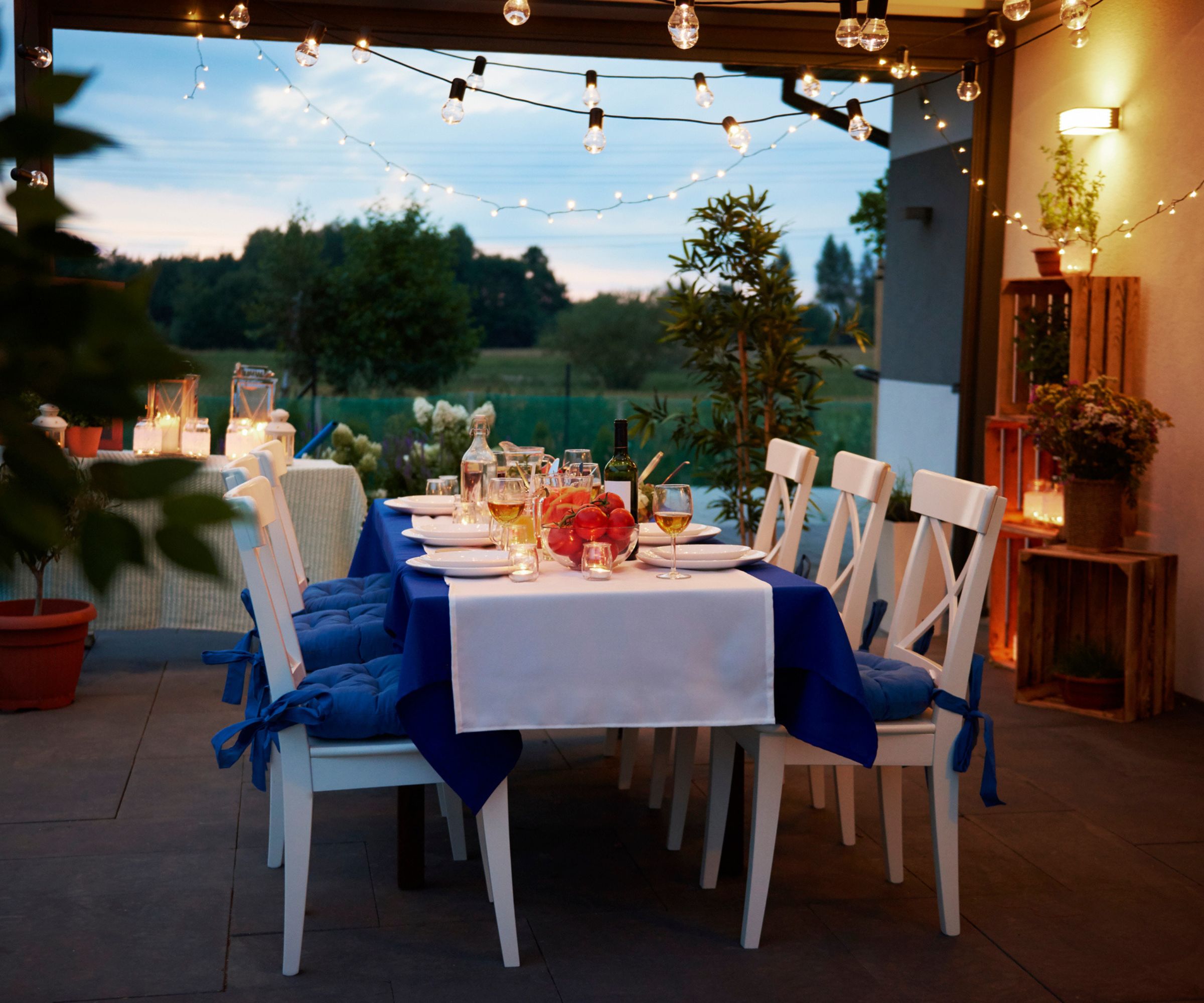
The most contentious issue with solar lights and eco-friendliness is their batteries. Solar lights convert solar energy into electrical energy throughout the day and store this energy in their batteries to use at night. These batteries tend to be lithium-ion or nickel-cadmium, which are used in all sorts of rechargeable batteries, such as the battery in your phone, cordless mower, or power drill.
However, mining these materials is bad for the environment. Energy industry expert James Longley says that lithium and nickel mining 'often results in significant environmental degradation, contamination, and water depletion.'
For balance, this means that solar lights are no better or worse for the environment than a laptop, tablet, or electric car. However, this means that the batteries in solar lights can be linked to environmentally harmful mining practices, so these lights aren't entirely environmentally-friendly.
Solar light FAQs
How do you recycle solar lights?
Many people assume that you can't recycle solar lights, but you usually can - it just needs extra effort. E-recycling centers often accept solar lights, so your best option is to look up your local services and see if they'll take your electronics.
Can you replace the batteries in a solar light?
It's not always the case, but you can usually replace the batteries in your solar light if they stop working - be sure to buy a model where you can change the batteries.
In the end, while solar lights aren't quite as clean as some marketing makes out, they're much better for the environment than lights running off utility power. Robert Roth says that 'Solar lights aren’t just better; they are a clear win for the environment. They help reduce emissions, protect our wildlife, and cut down on our dependence on non-renewable energy sources.'
However, solar lights are still imperfect, and if you don't know how to how to light your garden for wildlife you could still harm local wildlife. If you opt for solar lights, make sure they're as warm and dim as possible to ensure they don't confuse nocturnal animals.
Sign up to the Homes & Gardens newsletter
Design expertise in your inbox – from inspiring decorating ideas and beautiful celebrity homes to practical gardening advice and shopping round-ups.

As a gardens and lifestyle contributor, Alex makes sure readers find the right information to help them make the best purchase. Alex got his start in reviewing at the iconic Good Housekeeping Institute, testing a wide range of household products and appliances. He then moved to BBC Gardeners’ World Magazine, assessing gardening tools, machinery, and wildlife products.
-
 Martha Stewart's intelligent cabinets 'take every inch into consideration' – their 'visually light' style will solve your small kitchen storage problems
Martha Stewart's intelligent cabinets 'take every inch into consideration' – their 'visually light' style will solve your small kitchen storage problems'Every kitchen can be beautiful and functional, no matter what the size': 9 years since sharing her clever storage, Martha's cabinets are just as beautiful
By Megan Slack Published
-
 This once-dated kitchen is now a timeless space with the coziest details – and its the classic color palette that's made it a chic, welcoming space
This once-dated kitchen is now a timeless space with the coziest details – and its the classic color palette that's made it a chic, welcoming spaceWarming colors and natural materials combine to create this enduringly classic kitchen scheme
By Molly Malsom Published
